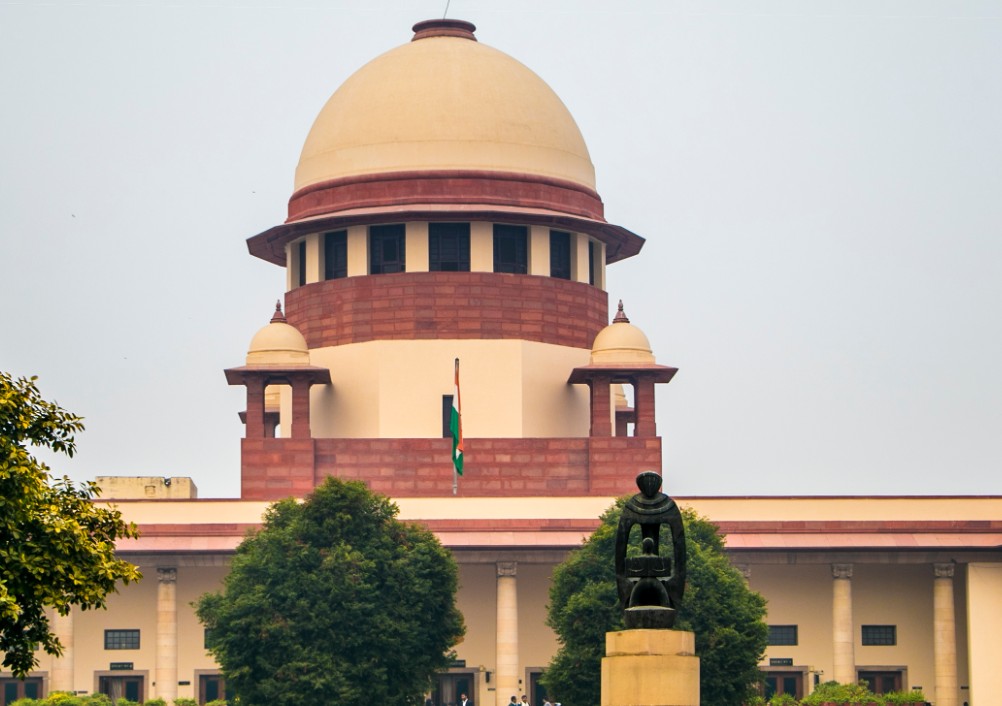AGR case: SC puts spectrum users in the dock on IBC firms’ dues

New Delhi, August 21: In an observation with wide ramifications, the Supreme Court on Friday put the onus of paying dues linked to adjusted gross revenue (AGR) on those telcos which are using the spectrum earlier held by now bankrupt firms. According to the court proceedings, if bankrupt firms fail to pay their AGR dues, the telecom operators that got spectrum from them must make the payment.
So, if Videocon, which is in the midst of an insolvency process, cannot pay the dues, Bharti Airtel, which is using the spectrum of the Venugopal Dhoot-founded company under a commercial airwave trading pact, may have to take the hit.
The same reasoning would apply in the case of another bankrupt telco Aircel, which had entered into a spectrum trading agreement with Bharti Airtel. For the two deals, the Sunil Mittal-led telco had paid around Rs 2,000 crore. Aircel owes Rs 12,289 crore and Videocon Rs 1,376 crore in AGR dues, Business Standard reported. Bharti Airtel itself owes the government Rs 43,780 crore in AGR dues, according to DoT calculations. Of this, the company has paid Rs 18,004 crore.
The SC Bench, headed by Justice Arun Mishra, observed that in accordance with the spectrum trading guidelines, past dues need to be cleared before any transfer of spectrum. In a scenario where the bankrupt company holding the spectrum does not pay the AGR dues, its user has to bear the expenses, according to the observations.
Referring to the matter of Reliance Jio’s liability to pay the AGR dues of Reliance Communications (RCom), Justice Mishra noted that the Department of Telecommunications (DoT) had not shared the details sought by the court. “We wanted to ascertain the dues payable by Reliance Jio based on the use of RCom spectrum.”
The court has directed the DoT to file the details pertaining to spectrum shared by insolvent companies and the dues on account of shared spectrum. The DoT has been asked to submit information on spectrum arrears that were due for payment and about companies using spectrum allocated since 1999, subject to sharing and trading agreements.
Videocon’s resolution professional (RP) said during the hearing: “We are not liable to pay anything beyond the Corporate Insolvency Resolution Process (CIRP).”
“AGR dues will be addressed as operational dues under the IBC Process Waterfall mechanism,” the Videocon RP added. Senior advocate Harish Salve, appearing on behalf of Reliance Jio, said, “We have not received any notice from the government on any additional dues claimed by the DoT.”
Salve said that the SC observation that spectrum cannot be sold, will not help recover AGR dues. If spectrum sale is not allowed, it will be returned to the DoT, which in turn would auction it for future use, therefore it won’t help recover AGR dues, he said. The issue of sale of spectrum should be left to the National Company Law Tribunal (NCLT), Salve added. Appearing on behalf of Bharti Airtel, senior advocate Kapil Sibal said, “Even Airtel has not received any notice from the government over any additional dues.”
Sibal said telecom airwaves were recognized as valuable assets for mobile operators. Spectrum is even taken as security by lenders and if SC refuses to recognize the sale of spectrum, banks will stop lending to telecom firms, which in turn will grievously hurt the telecom sector, Sibal argued. The court will resume hearing the case on August 24.
The Union government has filed an appeal with the NCLT that resolution plans of RCom and Aircel should not be approved until spectrum related dues are cleared. The counsel for Aircel said the company had filed an affidavit, which states that since 2016 there have been eight spectrum trading agreements between Aircel and Airtel with DoT approval.
Sign up for our weekly newsletter to stay up to date on our product, events featured blog, special offer and all of the exciting things that take place here at Legitquest.




Add a Comment